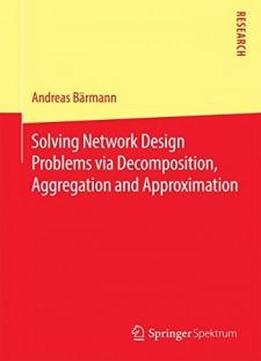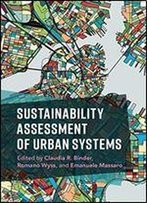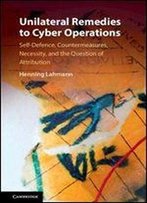
Solving Network Design Problems Via Decomposition, Aggregation And Approximation
by Andreas Bärmann /
2016 / English / PDF
4.4 MB Download
Andreas Bärmann develops novel approaches for the solution of
network design problems as they arise in various contexts of
applied optimization. At the example of an optimal expansion of
the German railway network until 2030, the author derives a
tailor-made decomposition technique for multi-period network
design problems. Next, he develops a general framework for the
solution of network design problems via aggregation of the
underlying graph structure. This approach is shown to save much
computation time as compared to standard techniques. Finally, the
author devises a modelling framework for the approximation of the
robust counterpart under ellipsoidal uncertainty, an
often-studied case in the literature. Each of these three
approaches opens up a fascinating branch of research which
promises a better theoretical understanding of the problem and an
increasing range of solvable application settings at the same
time.
Andreas Bärmann develops novel approaches for the solution of
network design problems as they arise in various contexts of
applied optimization. At the example of an optimal expansion of
the German railway network until 2030, the author derives a
tailor-made decomposition technique for multi-period network
design problems. Next, he develops a general framework for the
solution of network design problems via aggregation of the
underlying graph structure. This approach is shown to save much
computation time as compared to standard techniques. Finally, the
author devises a modelling framework for the approximation of the
robust counterpart under ellipsoidal uncertainty, an
often-studied case in the literature. Each of these three
approaches opens up a fascinating branch of research which
promises a better theoretical understanding of the problem and an
increasing range of solvable application settings at the same
time.










